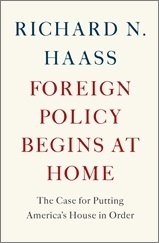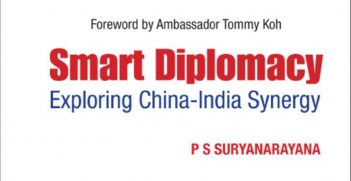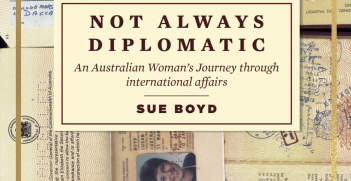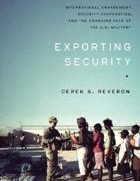Foreign Policy Begins at Home

Richard Haass describes himself as a “card-carrying member of the foreign policy establishment”. It would be hard to disagree. He is president of the mighty Council on Foreign Relations and has served as principal advisor to Colin Powell and special assistant to George H. W. Bush. It thus makes it particularly poignant to find him in his thirteenth book focussing largely on domestic issues. In his view, “For the United States to continue to act successfully abroad it must restore the domestic foundations of its power”. Thus the message in his title: foreign policy needs to begin at home.
In making his case, he covers many themes of interest to practitioners of international affairs: the proliferation of actors in the international system, the persistence of American primacy, the possible trajectories of China’s rise, Europe’s loss of centrality and the limited reach of the “wannabe” major powers. He is optimistic that great power conflict is unlikely but is concerned about specific problem states and, more broadly, the gap between global problems and the rules to deal with them. From this survey he concludes that there is a real opportunity for the US to put its house in order: “the world is a relatively forgiving place now and for the foreseeable future”.
This is lucky because he sees a lot for the US to do. His message is two-part: restoration at home and abroad. His prescriptions for restoration at home include dealing with the deficit and debt, developing an energy strategy, reversing declines in education, investing in infrastructure, reforming immigration, restoring economic growth and, crucially, restoring the ability of US politics to deal with these issues. Abroad, he focuses on how the US should narrow its foreign policy to be more selective in order to increase the resources devoted to critical domestic needs. This would mean a more broadly distributed geographic focus – with more attention to the Asia-Pacific – and less emphasis on military instruments in favour of economic and diplomatic tools. The book is clearly written as a reaction to deployments in Iraq and Afghanistan: it calls on the US to eschew “any more large-scale land wars for the purpose of remaking other societies”.
To an Australian audience, much of this may just read as common sense. In US debates, however, some of these prescriptions are radical. Haass spends significant time in the book preemptively defending himself from charges of being an isolationist, declinist abandoner of Israel. The more serious question is whether his program can be achieved in the US that actually exists today.
As he admits, it will require real leadership – as well as compromise and a degree of bipartisanship. All of these are genuinely difficult to achieve given the current state of politics in the US. What comes through clearly from his book is that US politics is the nexus that has to be solved for an America he describes as currently “underperforming and overreaching” to again play what he sees as its indispensable role in the world.
Richard Haass, Foreign Policy Begins at Home: the Case for Putting America’s House in Order, Basic Books, New York, 2013
Reviewed by Melissa Conley Tyler, National Executive Director, Australian Institute of International Affairs





